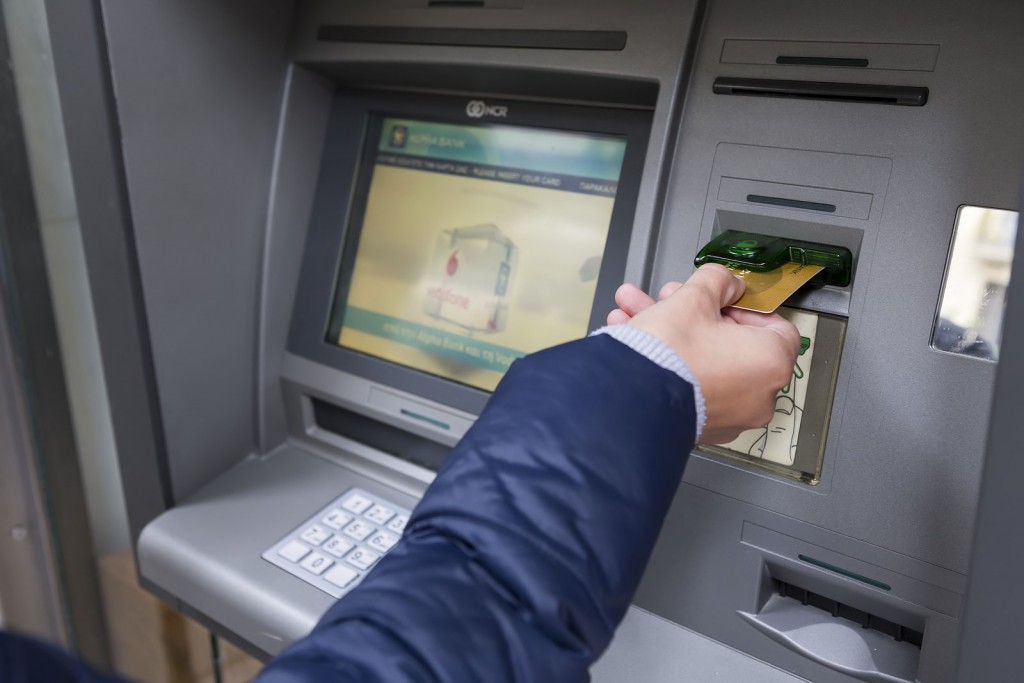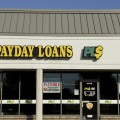
A recent study found ATM and overdraft fees added up to $6 billion in profit for America’s largest banks.
At $4 a pop for out-of-network ATM charges and an average of $34 for overdraft fees, those little extras banks tack on to consumer accounts add up fast. To about $6 billion for America’s three largest banks, according to a recent analysis released by SNL Financial and CNNMoney.
The analysis pegged the profits earned on fees by JPMorgan Chase, Wells Fargo and Bank of America at more than $6 billion in 2015. Overdraft fees raked in the biggest profits for the trio, estimated at $5.1 billion. These fees result when an ATM withdrawal, automatic payment, check or other transaction isn’t covered by the available cash in a consumer’s account.
At the ATM, consumers have to “opt in” to get cash despite the fee, but a 2014 Pew study revealed that more than half of people who overdrew their checking accounts over the previous year didn’t recall giving their consent for overdraft service.
Overdraft fees are a particular bone of contention for the Consumer Financial Protection Bureau (CFPB). That government agency released a 2014 report that found the majority of debit card overdraft fees were tacked onto transactions of $24 or less. The overdrafts, the CFPB found, were repaid on average within three days.
You Might Also Enjoy: People Want Their Banks to Help Improve Their Financial Health
“Put in lending terms, if a consumer borrowed $24 for three days and paid the median overdraft fee of $34, such a loan would carry a 17,000% annual percentage rate (APR).”
Those findings, CFPB concluded, point to serious risks for consumers who opt in to overdraft coverage and use their debit cards. Overdraft fees, the agency said, “should not be ‘gotchas’ when people use their debit cards.” Those “gotchas,” with overdrafts charged for all reasons, added up to about $1.9 billion for JPMorgan and $1.6 billion each for Bank of America and Wells Fargo in 2015, SNL Financial and CNNMoney estimated.
Just how long banks will be able to rake in big profits and 17,000% APRs on short-term overdrafts remains in question. The CFPB is looking at implementing new rules on overdrafts in particular. As for those ATM fees, some presidential candidates would like to see them capped at $2.
In the meantime, consumers can help themselves by reading the fine print on their banking agreements and by opting out of ATM overdraft coverage, analysts say.




